AccessComputing Student Team Members
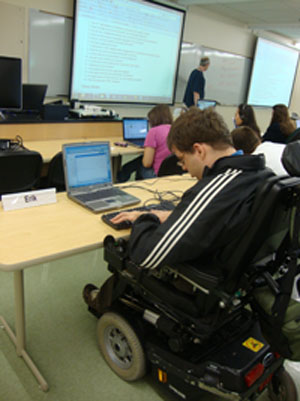 It's always important for students to be thinking about their professional development and their career plans. AccessComputing invites students with disabilities who are pursuing computer science or other computing-related majors nationwide to join our AccessComputing team.
It's always important for students to be thinking about their professional development and their career plans. AccessComputing invites students with disabilities who are pursuing computer science or other computing-related majors nationwide to join our AccessComputing team.
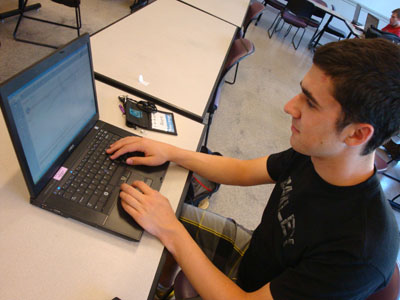 Students with disabilities:
Students with disabilities: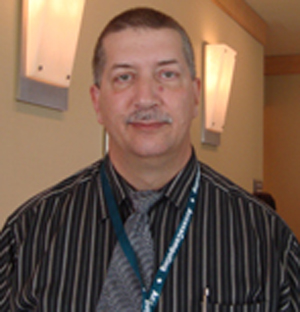 Mark Wambach, Assistant Professor at the National Technical Institute for the Deaf (NTID) at Rochester Institute of Technology (RIT), has been given AccessComputing's 2013 Capacity Building Award.
Mark Wambach, Assistant Professor at the National Technical Institute for the Deaf (NTID) at Rochester Institute of Technology (RIT), has been given AccessComputing's 2013 Capacity Building Award.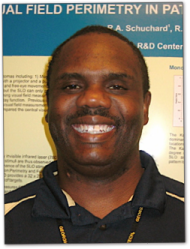 My name is Vincent. I have been using computers and computing systems to solve accessibility problems for more than twenty years. I'm currently working towards my master's degree in human-computer interaction (HCI) at the Georgia Institute of Technology in Atlanta, Georgia. After I graduate, I plan to attend a Ph.D. program in human-centered computing.
My name is Vincent. I have been using computers and computing systems to solve accessibility problems for more than twenty years. I'm currently working towards my master's degree in human-computer interaction (HCI) at the Georgia Institute of Technology in Atlanta, Georgia. After I graduate, I plan to attend a Ph.D. program in human-centered computing.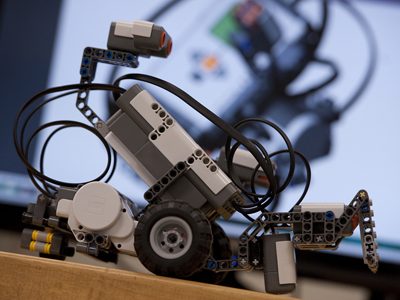 Summer 2012 brought a new learning opportunity for DHH students. For the first time, thanks to a subcontract from AccessComputing, the National Technical Institute for the Deaf (NTID) at the Rochester Institute of Technology (RIT) hosted a special two-week computing summer camp for DHH students called DRobotZ.
Summer 2012 brought a new learning opportunity for DHH students. For the first time, thanks to a subcontract from AccessComputing, the National Technical Institute for the Deaf (NTID) at the Rochester Institute of Technology (RIT) hosted a special two-week computing summer camp for DHH students called DRobotZ.